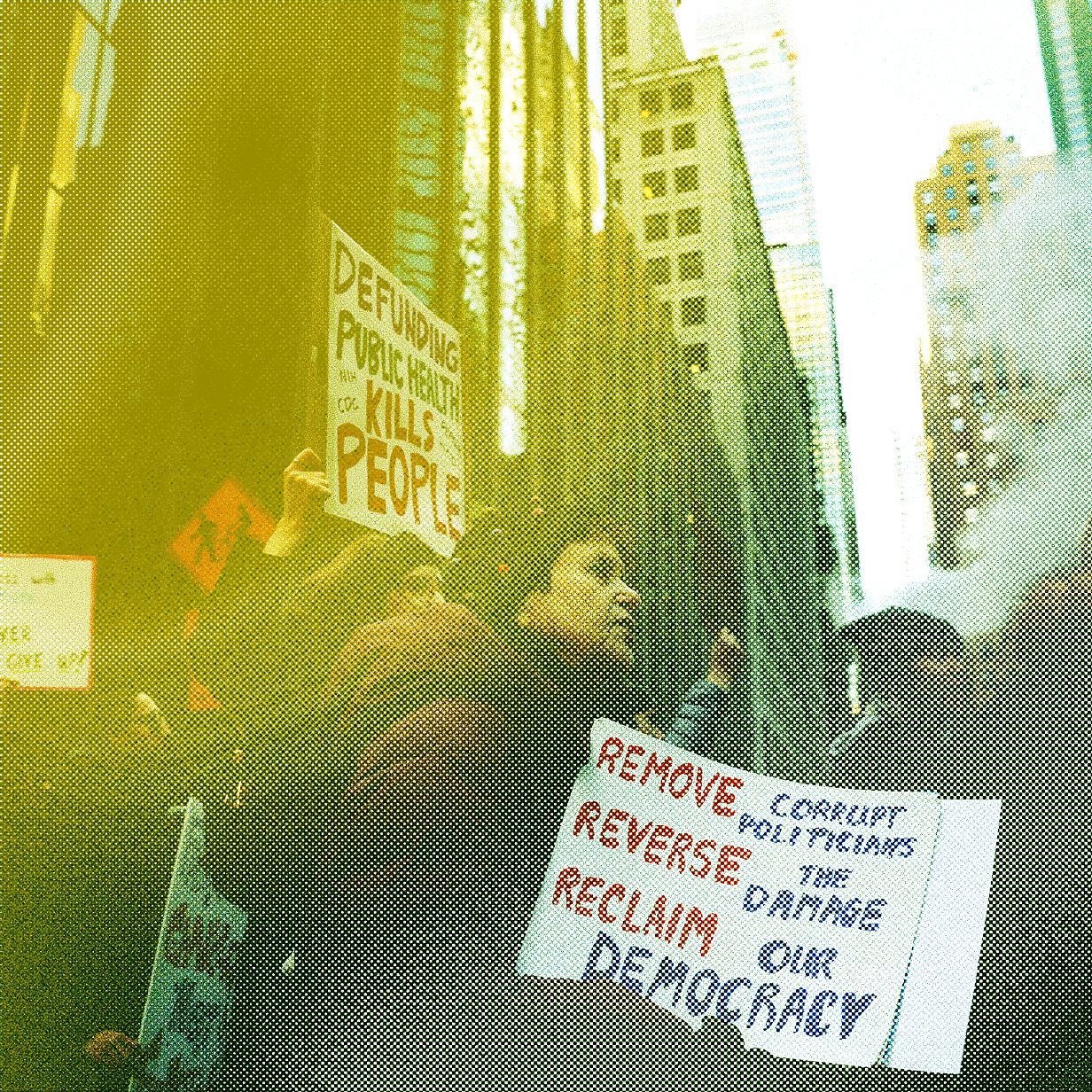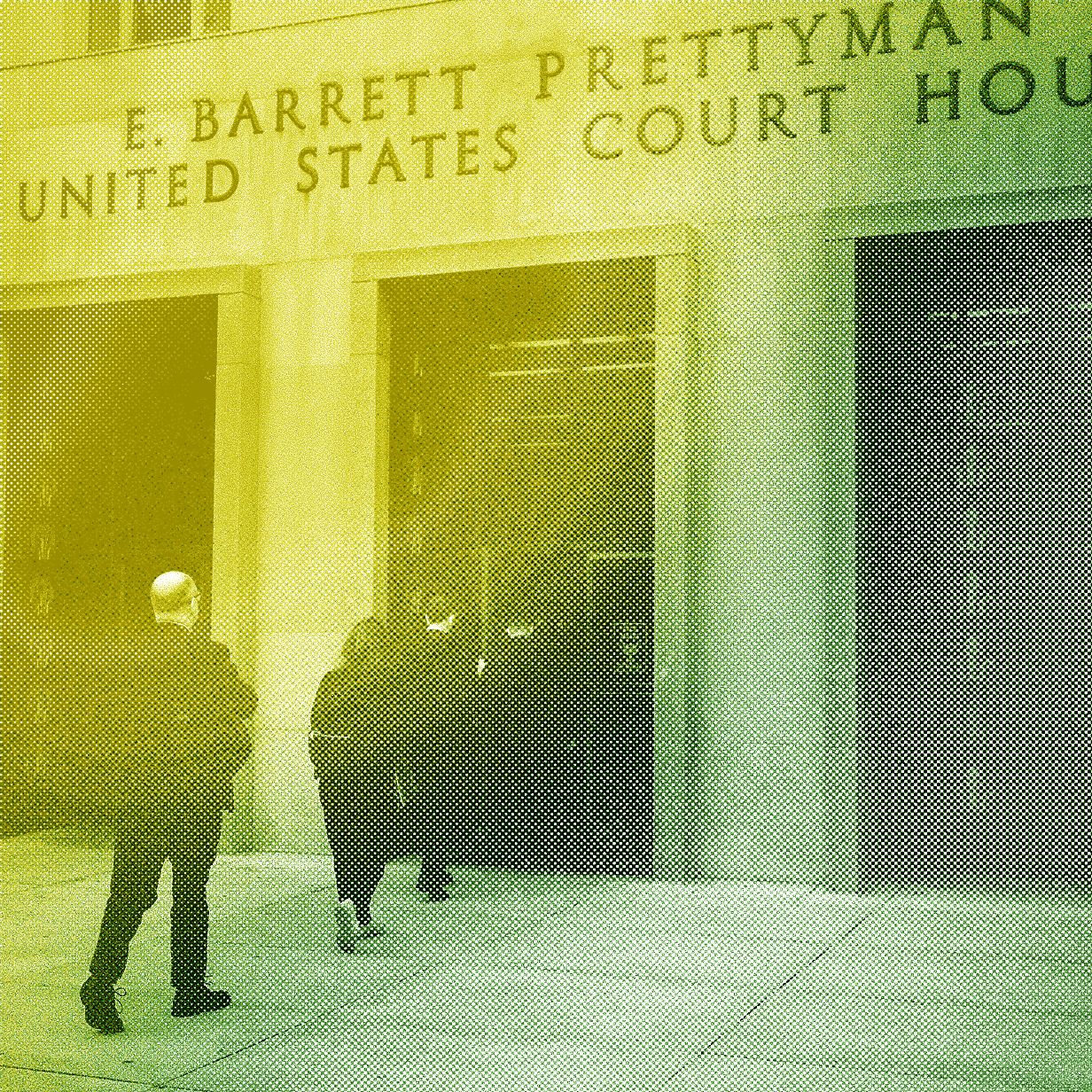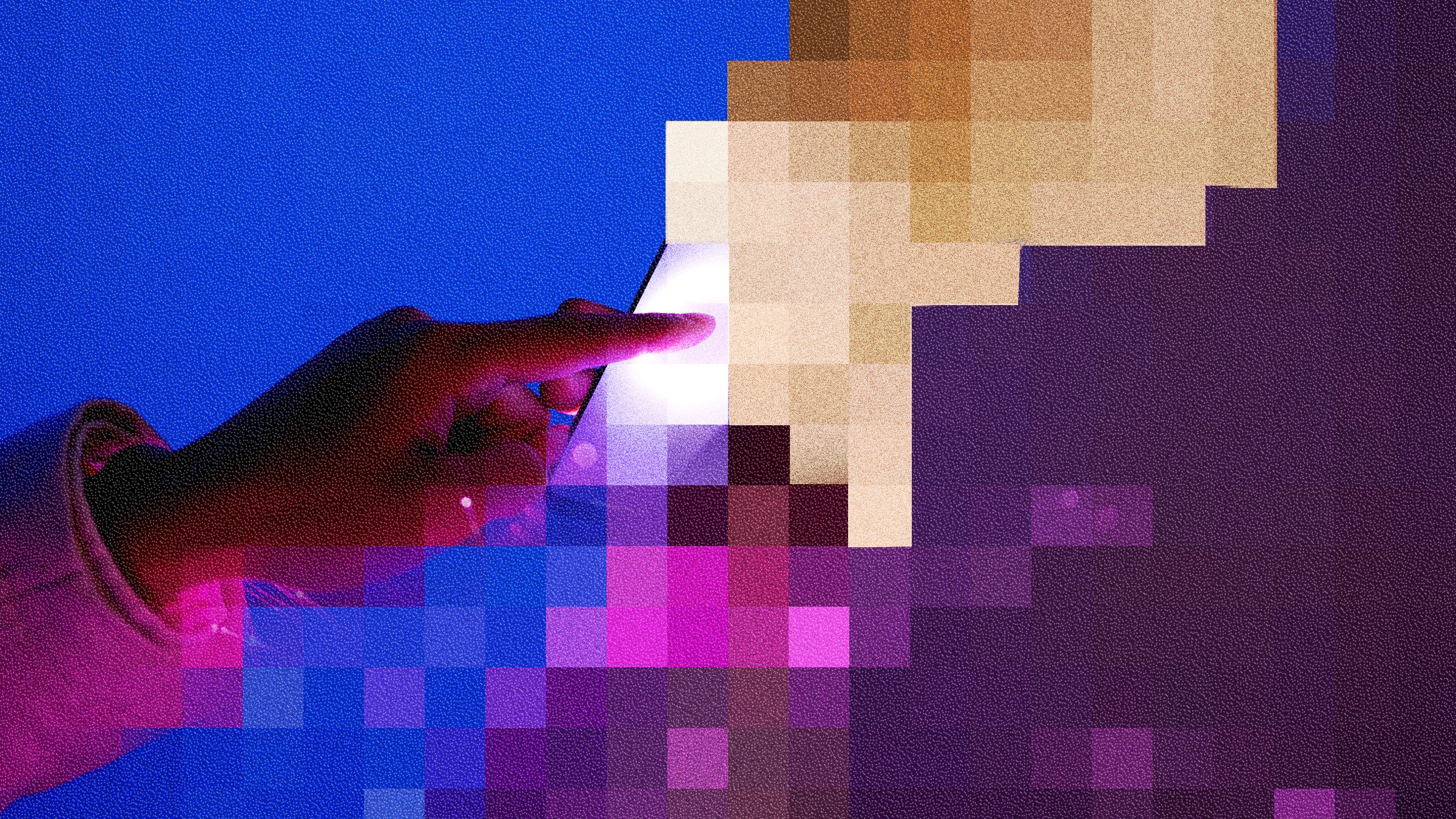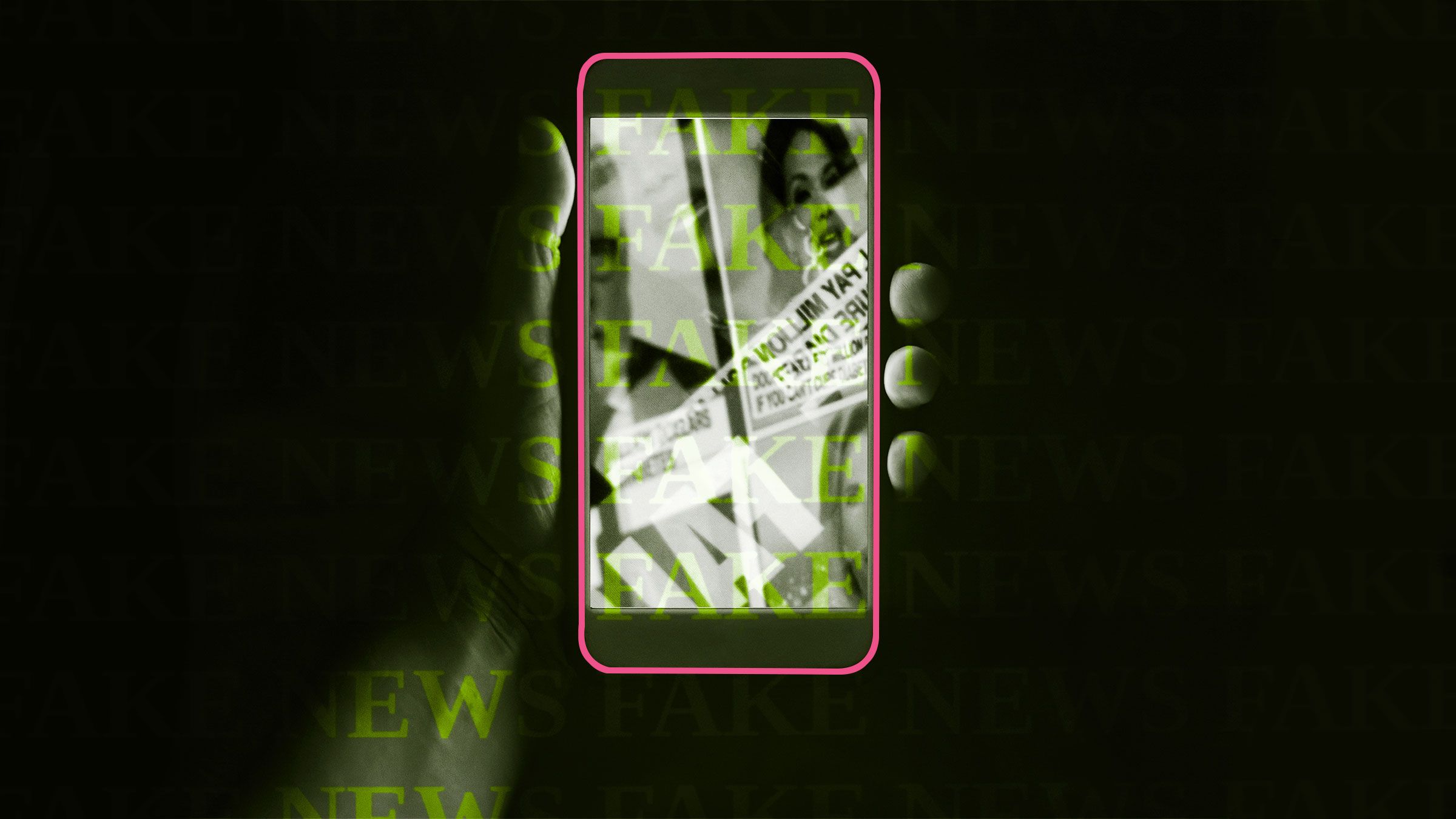How Americans Are Surveilled During Protests.
How Americans Are Surveilled During Protests
Protests have become a common form of expression in the United States, with millions taking to the streets every…

How Americans Are Surveilled During Protests
Protests have become a common form of expression in the United States, with millions taking to the streets every year to voice their opinions on various social and political issues.
However, many Americans may not realize that they are being surveilled during these protests by various government agencies, law enforcement, and even private companies.
One common form of surveillance used during protests is the monitoring of social media. Law enforcement agencies often track hashtags and posts related to protests in order to gather information on potential participants and organizers.
In addition to social media monitoring, police often use drones to surveil protests from above, capturing footage of the crowd and potentially identifying individuals involved in illegal activities.
Undercover officers are also frequently deployed to protests to gather intelligence on protesters and potentially incite violence in order to justify a police crackdown.
Many protesters also report being followed or harassed by law enforcement officers both during and after protests, leading to concerns about targeted surveillance and intimidation tactics.
Furthermore, private companies that provide surveillance technology to law enforcement agencies often profit from the increased demand for their products during times of civil unrest.
Overall, the widespread surveillance of Americans during protests raises significant privacy concerns and questions about the limits of government and corporate power in a democratic society.
As protests continue to play a crucial role in American civic life, it is important for citizens to be aware of the potential surveillance tactics used against them and to advocate for greater transparency and accountability in how their personal data is collected and used.





